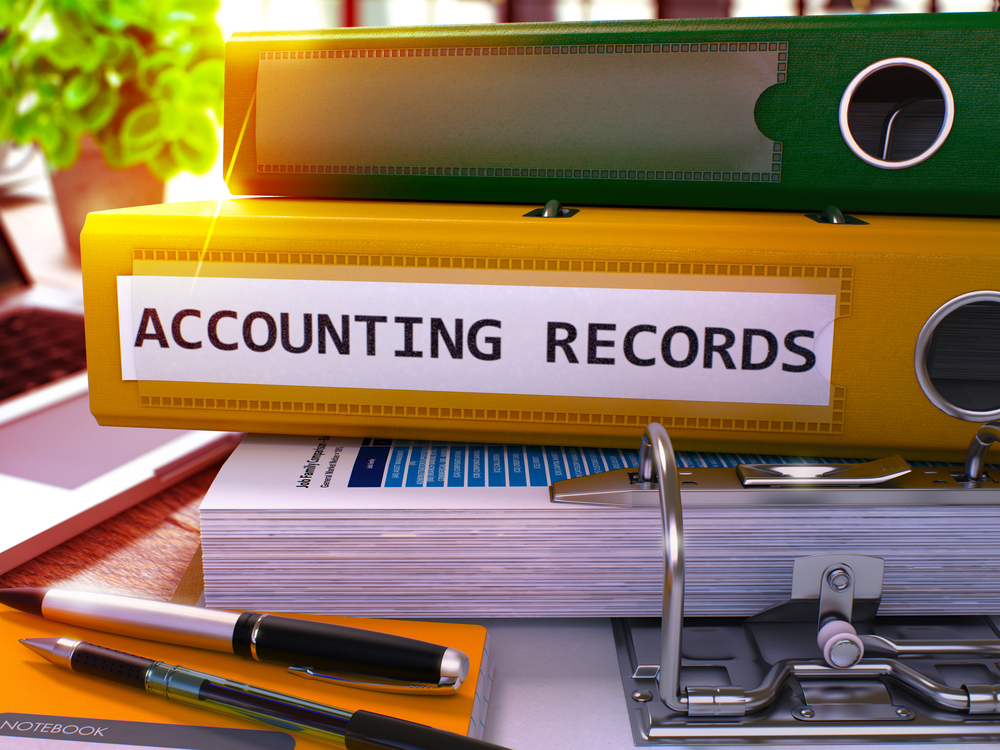
Bookkeeping is essential to the strength and long-term success of any business. Whether you have a large, mid-size or small business, you are required by the law to report accurate information about your business. Poor bookkeeping is one reason why many companies fail because without a properly documented trail of transactions, and you do not have the toolkit to manage the business to its full potential.
With accurate bookkeeping, businesses can make well-informed and calculated business decisions mitigating risks and focus on growth. This can be a lifeline for small-business owners who need to make quick financial decisions based on the immediate health of their business. Proper record-keeping for small businesses makes the process easier and keeps you compliant with the law.
Having an accurate picture of your business’s financial ins and outs helps you understand the state of your business’s finances means you can make better decisions and plan for the future.
What is Bookkeeping?
Bookkeeping is the recording and organizing of all financial transactions. It involves the day-to-day task of recording financial transactions, including sales, invoices, and expenses. Depending on your business, it may also mean the recording of Sales, Rent Expense, Wages Expense, Cash, Loans Payable, etc. of each account which are used in the company’s financial statements.
Bookkeeping is more than just entering numbers into a spreadsheet or software—it takes detailed understanding and analysis and just enough legal know-how to ensure an audit-proof account with detailed documentation and process. There are many Bookkeeping Software programs available in the market. Still, many businesses hire Bookkeeping Services so that they have peace of mind knowing the books are in order and tax season won’t be a scramble.
9 Reasons Why Bookkeeping is Important For Your Business
Bookkeeping Ensures Records are Up-to-Date
An accurate and continually updated Bookkeeping record helps the business stay on top at any given time. This is greatly beneficial so that businesses can get notified on discrepancies in a timely manner and issues can be resolved more effectively. If the bookkeeping tasks are pushed to the tax season, many times the issues take even more time to be resolved because of lack of information, such as missing receipts and tax variances.
To Know The Current Financial Position Of Your Business
Bookkeeping helps to analyze the financial position of a business, and this helps in critical decision-making. An accurate Bookkeeping record helps you make better budgeting decisions, knowing exactly where your money is going. Lack of proper documentation about the expenses could lead to revenue loss, making it hard to track what money is being used for.
Bookkeeping Make it Easier to Get a Loan or Report to Investors
A timely, relevant and analytical financial report is valuable when you are either seeking new investors, bank loans or reporting to the current investors about your business’s health. A detailed record gives you the confidence to cultivate and maintain better relations with banks and investors. When it comes time to renew your bank loan or if you are seeking potential investors is invaluable.
Tax Preparation & Prediction
A real-time information of your financial records enables you to prepare the more accurately if you have access to detailed balance sheets over time. With them, you can keep discover trends in your company’s business and be more confident in the amount of taxes you’ll be expected to pay at the end of the fiscal year.
Meeting Government Regulations And HST Remittance
Your HST filing frequency is mandated by the Canada Revenue Agency and is based on your annual revenue. With higher revenues, the Canada Revenue Agency requires more frequent filings. A qualified bookkeeper with experience enables your company to tackle complex tax transactions and for flagging tax planning opportunities.
Bookkeeping Helps You Monitor Cash Flow
One of the primary business metrics is cash flow. This is because cash flow can make or break a business. Being able to monitor cash flow is also critical. Regardless of how busy you are, once supplier invoices go unpaid or customer payments have not been received, your business will suffer. A sound bookkeeping system helps you to manage these cash flow nightmares.
Faster Business Response Time
When you have real-time information about your accounts, you will have an accurate insight be able to react quickly to any changes that happen to the market or to your business.
Accurate Bookkeeping Protects Your Business
Without clean financial records, you may be at risk of paying settlements or tax penalties for avoidable financial errors. With accurate and attentive financial recording, you will be able to prevent erroneous entries or potential fraud, whether from customers, vendors, or employees.
Bookkeeping Saves You Time & Energy
From payroll taxes to managing invoices, efficient bookkeeping smooths out the process of all your business’s financial tasks and keeps you from wasting time tracking down every dollar. Bookkeeping enables you to focus on your business to improve systems, increase profit, and reduce spending.